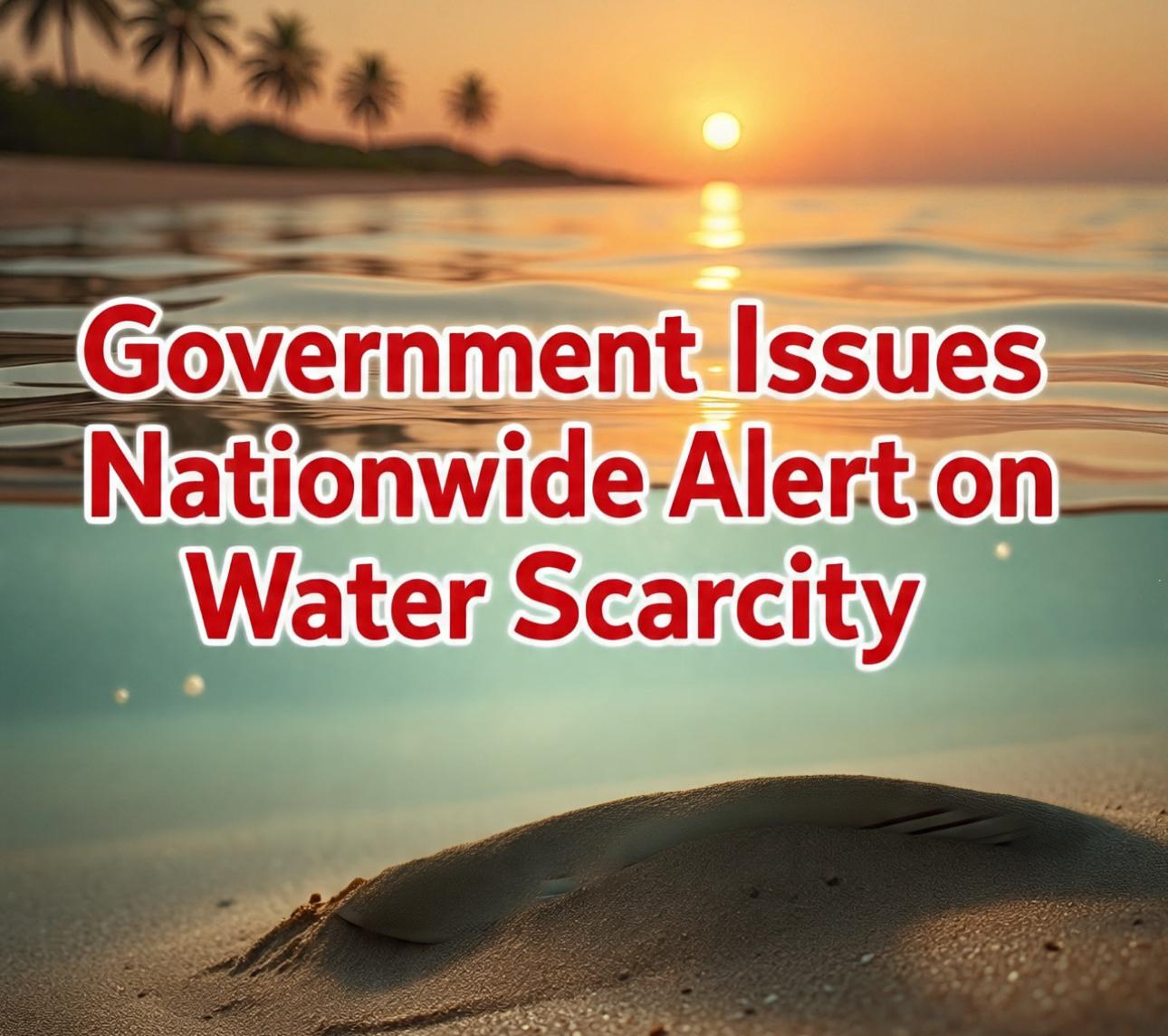The Government of India has recently issued a nationwide alert concerning the growing threat of water scarcity across several states. With rainfall becoming increasingly unpredictable and groundwater levels dropping rapidly, experts warn that the country could face severe water shortages in the coming years. Urban centers, in particular, are at risk, with cities like Bengaluru, Chennai, and Delhi already reporting significant depletion of drinking water sources.
In response, the government has directed state authorities to implement immediate water conservation measures, such as promoting rainwater harvesting, fixing leaky pipelines, and regulating water use in industries. Citizens are being urged to adopt responsible water usage habits, including reducing wastage, reusing water wherever possible, and supporting local water-saving initiatives.
The agriculture sector is especially vulnerable. Crop yields may decline sharply if irrigation becomes insufficient, leading to economic losses for farmers. Government agencies have announced support programs to provide alternative water sources for farming communities, but experts emphasize that sustainable management of water resources is critical to avoid future crises.
Environmentalists have also highlighted the urgent need for long-term solutions. Protecting rivers, lakes, and wetlands, restoring natural water bodies, and enforcing strict groundwater regulations are crucial steps. Without immediate action, India could face not only ecological damage but also widespread social and economic disruption in the decades ahead.

